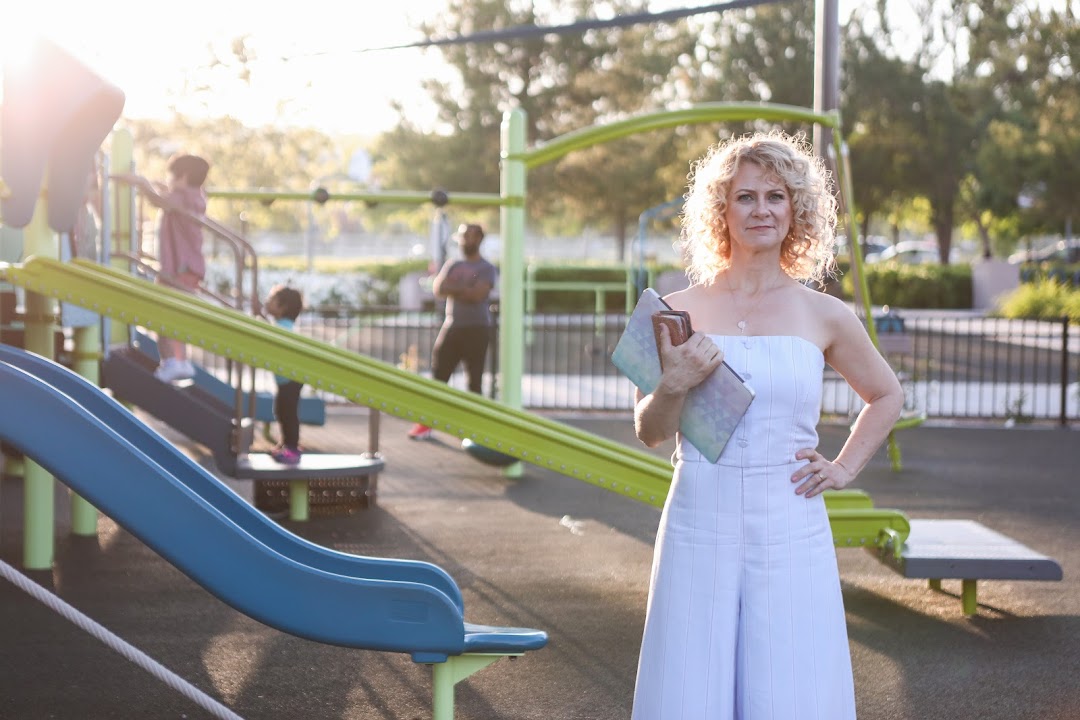Getting educated about Hepatitis C
When Ronni Marks found out she had Hepatitis C in 1996, there were no patient support groups and the internet was in its infancy. In other words, information was scarce.
“My mother was having knee surgery and I went to donate blood for her,” she tells This Is MedTech. “I got a letter from the hospital saying that they couldn’t use my blood, so the next day I went there and was told that I had Hepatitis C.” Ronni hadn’t ever heard of Hepatitis C (also known as HCV).
She didn’t know that the viral infection, which is transmitted through direct blood-to-blood contact, causes significant damage to the liver and can lead to life-threatening illness like liver cancer. Later, she would deduce that she’d probably contracted the infection from contaminated blood during transfusions that she’d had prior to 1992, before donated blood was tested for HCV.
“I had a liver biopsy, which showed that I was at stage 0-1 out of the four stages,” she explains. “This meant that there was very little liver damage, if any.” Ronni was relieved at the news and continued to live her life, until her primary doctor suggested that she see a liver specialist.
Although her liver damage was minimal, the specialist was concerned that the HCV was still present in her blood and therefore started her on a treatment involving daily injections of interferon. “Unfortunately, I had to stop the treatment after ten and a half months with no improvement, due to major side effects,” she says.
The experience took an emotional toll, and after that, Ronni joined an HCV support group. “I was thankful to finally meet people who understood what I was going through.” This led her to become a patient advocate herself. “I got involved in raising awareness so that people even knew there was a Hepatitis C. Then I started a support group at the non-profit medical centre NYU Langone Health which ran for 18 years,” she comments.
Meanwhile, doctors used various medical technologies to monitor Ronni’s liver health. “I had blood tests every year and a liver biopsy every five years. Then they started using fibroscans, which were much less invasive.” In 2014, a newer class of drug called a direct-acting antiviral, or DAA, finally cured Ronni of HCV.
“You don’t know how affected you are by Hepatitis C until you’re cured,” Ronni points out. “Because you live with it for so many years, you think certain things are normal, which they’re not. Like fatigue, or joint pain, or brain fog.” Eventually the fibroscans showed that Ronni’s liver had completely regenerated, as if she’d never had Hepatitis C.
These days, Ronni runs the Hepatitis C Mentor and Support Group, a non-profit organisation that she founded in 2010. A core part of her work is educating people, especially those with substance use disorders, about transmission and the benefits of being tested for HCV, as well as providing supportive services.
Some 325 million people worldwide are living with viral hepatitis, 290 million of whom are unaware of their infection. World Hepatitis Day is part of a wider effort to eliminate viral hepatitis by 2030 through increased access to testing.






